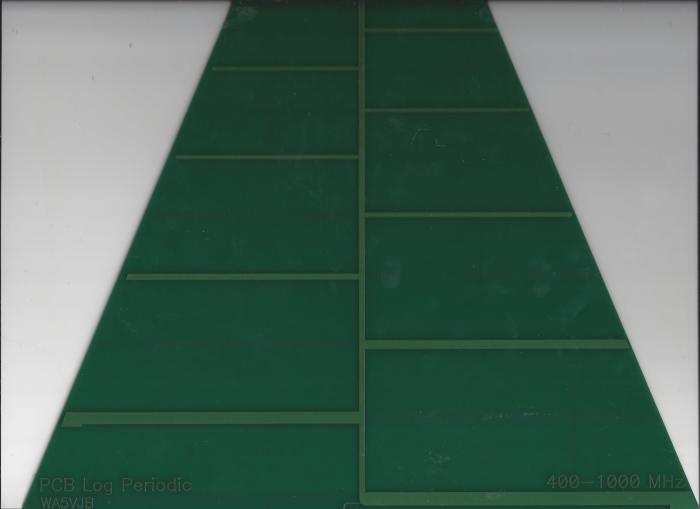35 Liter Dodge Intrepid Engine Funny Sound When Cranking
Tamara Wilhite is a technical writer, industrial engineer, mother of two, and published sci-fi and horror author.
Introduction
A sound engineering business is a good way to set up your own business while providing a critical service to many different communities. A sound engineering business may work with musicians, audiobook narrators, comics, or those who want to create radio ads—or all of the above. Here are a few tips on how to get started in the sound engineering business.
Have a Business Plan
The first step to succeeding in a business is to know how you're going to run it. Are you planning on recording and distributing your own songs? Do you want a polished podcast you're going to use to promote a product or engage an audience while hoping to receive ad revenue for any product mentions you make during the show? Do you expect to run out the studio space to aspiring musicians, music students, narrators, and special effects artists to record in?
What you want to record affects the type of equipment and the facility that you build or lease. It affects the software you need to install on your computer, how you market to people, and the prices you can charge. In short, knowing who is going to be in your studio determines what you need to put in it.
Get the Right Equipment
For anyone who is more than an amateur, you need an audio interface, pop filter, and digital audio workstation (DAW). A pop filter eliminates the "pop" sound you make when saying P or B while singing. The typical audio interface today includes features like digital conversion, mic preamps, DI boxes, and monitor management. Headphones let you hear what you sound like and truly hear what was recorded. And you'll need cables to connect them all.
Some sites recommend microphones and microphone stands. Go with wireless microphones instead of standing microphones combined with the right antennas. You give musicians full, uninhibited range of motion and eliminate the awkward noises caused by someone hitting a stand as they move. One of the best choices is the 400-1000 MHz wireless microphone antenna by Kent Electronics. A pair of these sharkfin antennas with the connectors already attached costs less than a single sharkfin antenna by any name brand. The side benefit of using these cheap wireless antennas is that they have great quality for a fraction of the cost of their rivals, so you can charge even less per session than your rivals.
There is also the matter of the sound processing equipment. In theory, you can use a microphone and record it all via a speaker and save it to your computer for processing via software.

A wireless microphone antenna by Kent Electronics
Tamara Wilhite
Secure—or Build—the Right Facilities
Yes, there are musicians who got famous after a song recorded in their bathroom uploaded to YouTube went viral. This is the exception, not the rule. Most, however, do not. Podcasts may be recorded in someone's own home to save money, but they know they risk noisy children and traffic in the background taking points off their reviews and distracting their audience. This is why anyone wanting to move into the professional realm considers contracting with a sound engineering business. You're really in the big leagues when you can afford to build a sound studio in an annex attached to your home or renovate a home office into a studio. One option is renting an existing studio that lets you bring in your equipment. Another is building it yourself.
Scroll to Continue
Read More From Toughnickel
Suppose you're going to renovate a room in your home or office to create a sound studio. In that case, you'll want to put in acoustic panels, bass traps, and reflection filters. Bass traps absorb low frequencies, the cause of most issues in any studio. Acoustic panels absorb mid to high frequencies. These are critical when you're in a room with parallel walls, like the average bedroom, and help you absorb standing waves. Reflection filters are best for those doing a vocal recording.
Put Your Plan Into Action
This isn't intended to be facetious. There are many people who say they are writers, write, but never submit their content or quit after a rejection. There are people who buy the equipment, install the software, start singing or narrating, and then fail to do much of anything. Or they upload a file to share online, and when hit with negative comments, take it down and quit. They put out some flyers, no one responds, and they give up thinking there is no demand.
If you want to succeed, it will take time and effort along with some hits and misses. Adjust your marketing plan, reach out to another audience, post a few more online videos or upload a few more songs to the cloud. And keep going.
This article is accurate and true to the best of the author's knowledge. Content is for informational or entertainment purposes only and does not substitute for personal counsel or professional advice in business, financial, legal, or technical matters.
© 2018 Tamara Wilhite
Tamara Wilhite (author) from Fort Worth, Texas on March 04, 2018:
If you want advice on wireless microphone antennas, let me know.
Lauren Flauding from Sahuarita, AZ on February 09, 2018:
Good points here. I've toyed around with the idea of starting a recording studio (probably a good indicator that I'm not committed enough to see it through), but I especially appreciate the part about getting the right equipment.
Source: https://toughnickel.com/starting-business/Your-Guide-to-Getting-Started-in-the-Sound-Engineering-Business
0 Response to "35 Liter Dodge Intrepid Engine Funny Sound When Cranking"
Enregistrer un commentaire